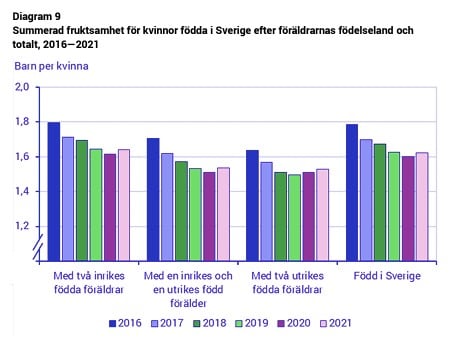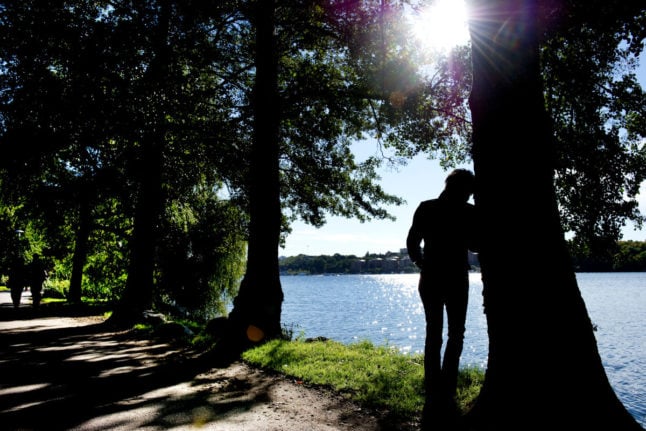For Karl McShane, a population statistician with the municipality of Malmö, the data came as a surprise when it started to arrive back in April and May 2020.
“I was expecting fertility to go down, because there was also an economic crisis, and that usually brings it down,” remembers McShane, whose father is Irish.
“But then we got the pregnancy data, and I was speaking to colleagues in Gothenburg and Stockholm, and they saw the same thing: there were more ultrasounds, there were more people visiting maternity services. There was a peak. There hadn’t been that many people at Malmö’s maternity health centres for years.”
Nine months later, in the first three months of 2021, there was a mini baby boom, with 1,282 babies born in Malmö, the highest first quarter number in at least 13 years.
“I think working from home was one cause of it,” McShane argues. “At any given point in time, there’s a number of couples that wants to have a child, and it takes a while. But suddenly, a whole group got an increased opportunity.”
The baby boom was even more marked in Gothenburg, he says, while so many people left Stockholm to move to the countryside in 2020 and 2021, that the statistics are hard to follow.
According to a study by Statistics Sweden, the fertility rate of women born in Sweden rose in 2021 for the first time following ten years of continuous decline, rising from 1.6 children per woman in 2020 to 1.62 in 2021.

“Growth in childbirth can to a certain extent be linked to the groups which experienced a better balance between work and family life during the pandemic,” the agency wrote in its report. “This could apply, for example, to women who already had one or two children, or women with a higher income.”
McShane points out that there was no baby boom among women born outside Sweden, perhaps because they and their partners were more likely to have jobs where working from home was impossible.
The boom in Malmö was short-lived, however, with the birthrates slumping again in the second half of 2021, hitting their lowest level since 2008.
McShane dismissed the suggestion that this was because couples working from home had begun to tire of one an another, explaining that it was more because most of the women who had wanted to have a child had already managed to get pregnant.



 Please whitelist us to continue reading.
Please whitelist us to continue reading.
Member comments